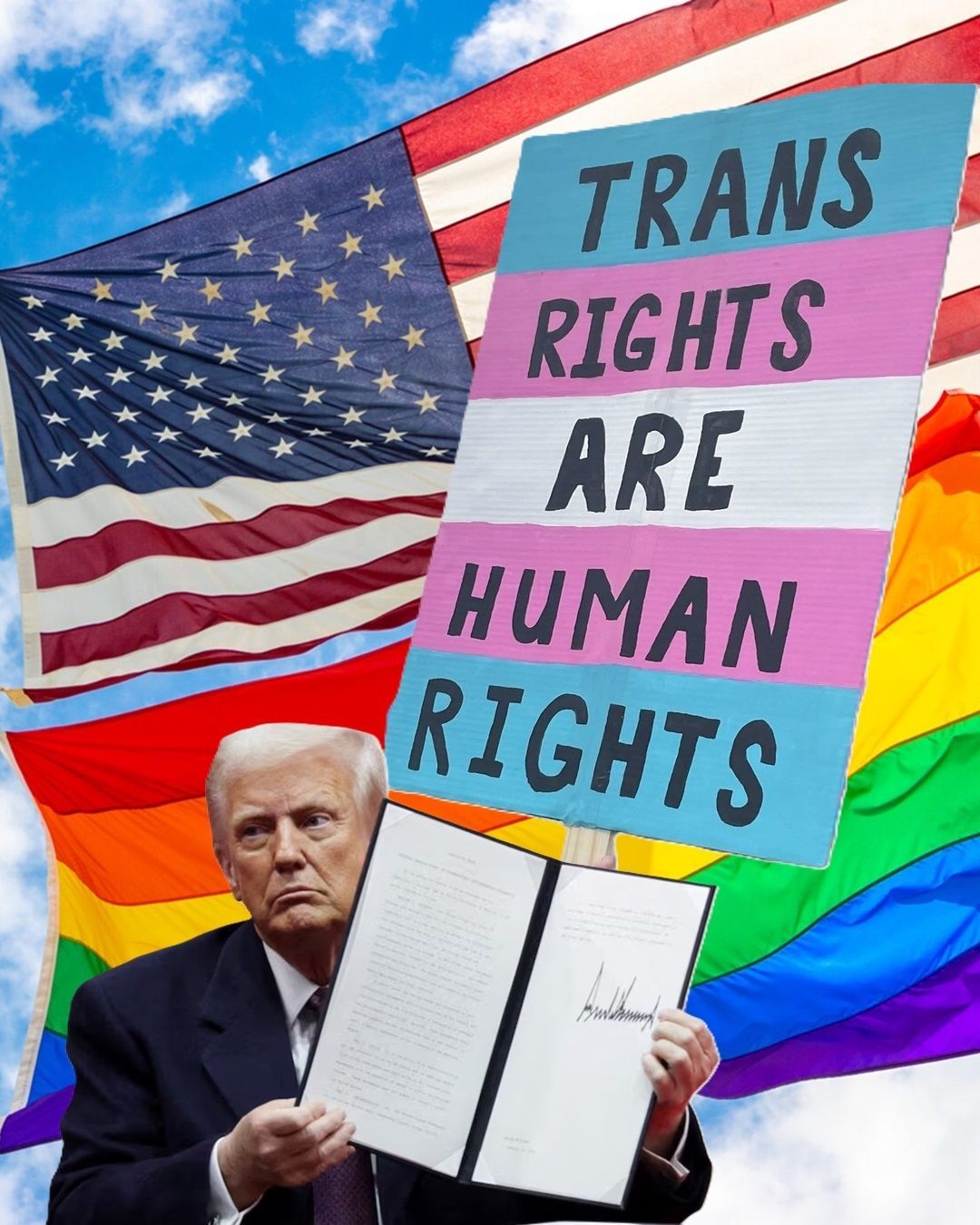
May 17th is International Day Against Homolesbobitransphobia The memory becomes strength for the future
On May 17, the world marks the International Day Against Homophobia, Lesbophobia, Biphobia, and Transphobia, established in 2004 to commemorate a historic milestone: the World Health Organization’s decision to remove homosexuality from the list of mental illnesses, which took place on May 17, 1990. Over the years, this date has transcended symbolic remembrance to become a collective cry against the discrimination still affecting LGBTQIA+ people across the globe. The day aims to denounce violence, hate speech, and systemic discrimination that continue to threaten the safety, dignity, and freedom of millions. It’s not merely a cultural matter—it’s about denied basic rights: access to healthcare, employment, education, and justice. May 17 thus becomes a time to reflect on legal protections, hate crime data, and the role of institutions, which in many cases remain negligent or even hostile.
The demonstration for the International Day Against Homolesbobitransphobia in Rome: “They came for me, but this time we were all there”
This is the context for the demonstration that will take place on May 17 at 2:00 PM in the streets of Rome. Under the slogan “They came for me, but this time we were all there,” the network La Strada dei Diritti - which brings together long-standing organizations like MIT-Trans Identity Movement, Arcigay, C.C.O. Mario Mieli, and Certi Diritti - calls on citizens to join a mobilization that aims to be more than a march: a political response to ongoing repression, both in Italy and globally. The event stands firmly against the authoritarian trends threatening civil, social, and democratic rights. It raises its voice against the Italy that sank the Zan Bill, against hate speech legitimized by the highest levels of government, and against the lack of a comprehensive law against homolesbobitransphobia. But it’s also a protest for everyone’s freedom: for women’s rights, for migrants, for solidarity with the Palestinian people and all oppressed communities. “They came for me…” evokes a past that remains vivid memory, but the slogan’s ending, “this time we were all there,” is a promise of presence, vigilance, and resistance.
@nssgclub Alcuni dei cartelloni visti ieri a Roma durante il corteo del Roma Pride Qual è io vostro preferito? #roma #rome #italia #italy #romapride #pride #pridetogether #pridetogether #gaypride #lgbtqiaplus #lgbt #lgbtq #lgbtqia #love #amore #kiss #lesbian #lesbians #trans #transgender #bisexual #gay #asexual #queer #queertiktok #bisexualpride #bisexual 30GradiXpapaya - Alex Vandi
Italy still without protections: the Rainbow Map places us among the lowest
Yet, Italy’s situation is one of the most critical in Europe. According to the 2024 Rainbow Map published by ILGA-Europe, Italy ranks 36th out of 49 countries, falling behind Albania, Kosovo, and Serbia. The index assesses factors such as family rights equality, hate crime laws, gender recognition procedures, and freedom of expression. Our country lags behind in nearly all categories. The Zan Bill, which aimed to introduce specific protections against discrimination based on sexual orientation, gender identity, and disability, was voted down in Parliament in 2021, amid applause and surreal scenes. Since then, no equivalent legislation has been proposed or approved. Attacks are increasing, hate speech is becoming normalized, and those fighting for rights are often left alone.
Yet the Mediterranean can teach valuable lessons on LGBTQIA+ rights
You don’t have to look to Northern Europe to find effective policies. Two countries that share history, culture, and geography with Italy - Spain and Portugal - prove that another way is possible. Spain’s legal framework is among the most advanced in Europe: from the gender self-determination law passed in 2023 to regional regulations that punish homophobia and transphobia with fines and sanctions, all the way to inclusive education in schools. Trans people no longer need medical certificates to update their documents. The right to parenthood and marriage is guaranteed, as is access to adequate healthcare and legal services. In Portugal, the 2018 gender identity law allows legal changes to personal data without surgery, and so-called "conversion therapies" are banned. The government has also launched national anti-homophobia campaigns and funded support projects for victims of discrimination. These countries show that protecting LGBTQIA+ rights is not an ideological exception, but an institutional responsibility. That ensuring dignity is not a favor granted, but the ethical minimum of a mature democracy.
Fighting discrimination means building the future in the streets
The May 17 demonstration in Rome is not just an annual event: it’s a moment of collective reconnection among those who fight daily - on the ground, in schools, in families, in institutions. It’s a political act affirming a simple truth: the safety, happiness, and freedom of LGBTQIA+ people are non-negotiable. And if Italy is currently falling behind, we cannot afford to wait passively. History teaches us that every right is the result of struggle. And only by staying united, in solidarity, and ever-present can we truly say: "This time we were all there."

























































